Citizenship and the Constitution 1785-Present
History
amendment
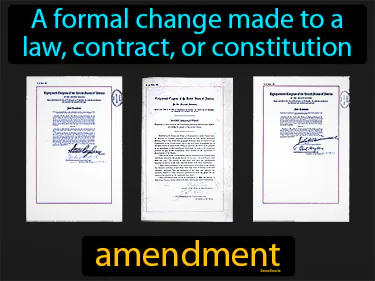
A formal change made to a law, contract, or constitution. Amendment. An amendment is an official alteration to a legal document, like the changes made to the U.S. Constitution to improve or clarify its rules.
Antifederalists
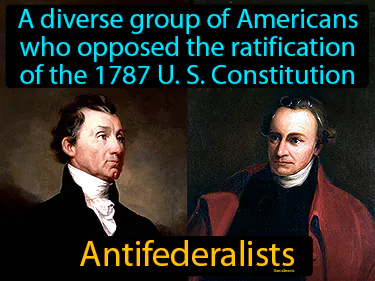
A diverse group of Americans who opposed the ratification of the 1787 US Constitution. Antifederalists. They were people who wanted more power for the states and feared a too-strong national government.
Bill of Rights
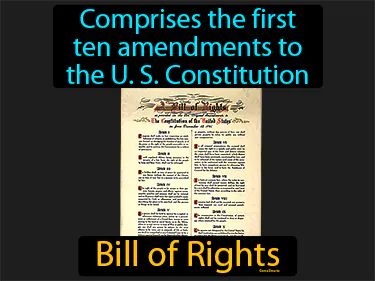
A document of the first ten amendments to the US Constitution. Bill of Rights. The Bill of Rights lists fundamental freedoms and protections for American citizens.
checks and balances
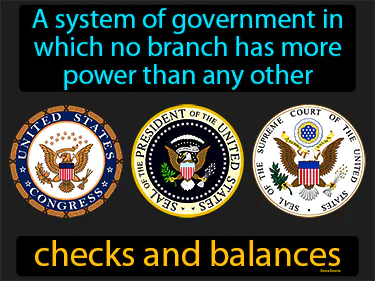
A system of government in which no branch has more power than any other. Checks and balances. Checks and balances is a system that ensures no single branch of government becomes too powerful by allowing each branch to limit the powers of the others.
Constitutional Convention
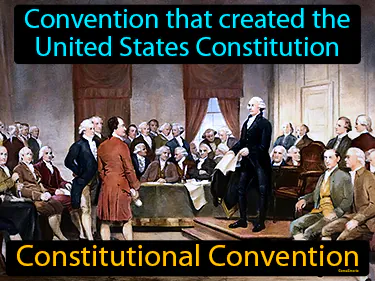
Convention that created the United States Constitution. Constitutional Convention. The Constitutional Convention was a meeting in 1787 where leaders gathered to create a new plan for the U.S. government.
deport
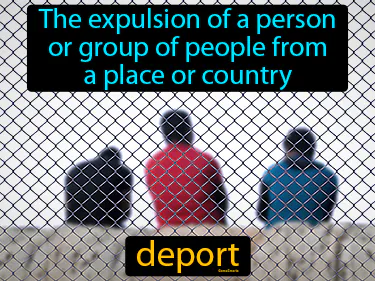
The expulsion of a person or group of people from a place or country. Deport. In history, to deport means to forcibly remove people from one country to another.
double jeopardy
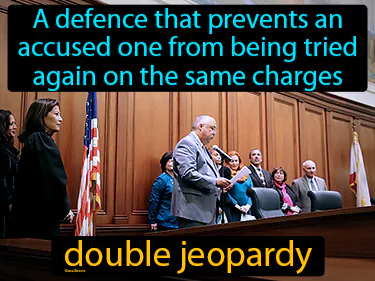
A defence that prevents an accused one from being tried again on the same charges. Double jeopardy is a legal principle that prohibits someone from being tried twice for the same crime, ensuring fair treatment in the justice system.
draft
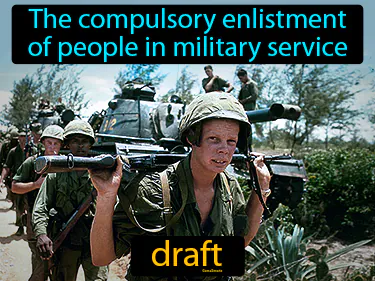
The compulsory enlistment of people in military service. Draft. In history, the draft is a system where individuals are selected for mandatory military service during times of war.
due process
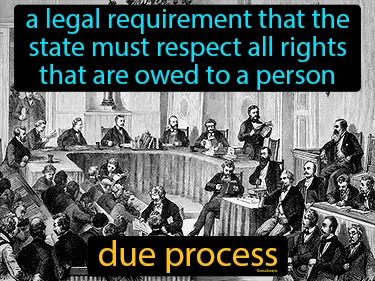
A legal requirement that the state must respect all rights that are owed to a person. Due process. In history, due process is the principle that protects individuals from unfair treatment by ensuring fair legal procedures.
eminent domain
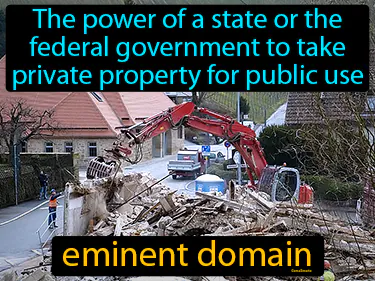
The power of a state or the federal government to take private property for public use. Eminent domain. In history, eminent domain is when the government takes private land to build things like roads or schools for the public.
executive branch
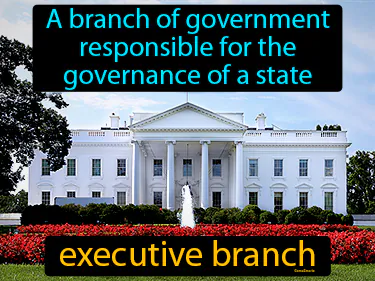
A branch of government responsible for the governance of a state. Executive branch. In history, the executive branch is the part of government that enforces laws and is typically led by a president or prime minister.
executive orders
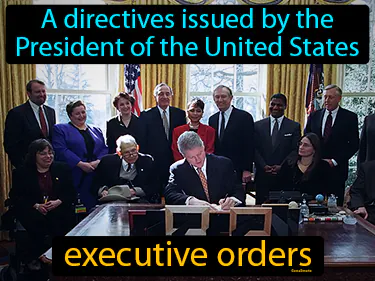
A directive issued by the President of the United States. Executive orders. They are official commands from the President to manage operations of the federal government.
federalism
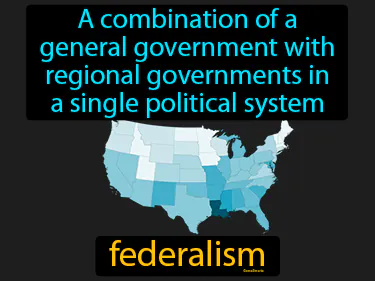
A combination of a general government with regional governments in a single political system. Federalism. In history, federalism is a system where power is shared between a national government and regional or state governments.
Federalist Papers
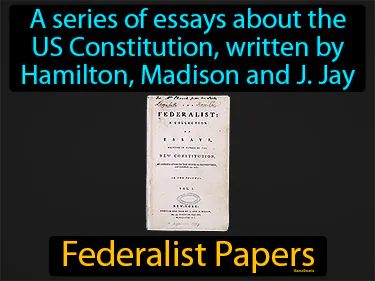
A series of essays about the US Constitution, written by Hamilton, Madison and J. Jay. Federalist Papers. The Federalist Papers are documents written to support the ratification of the US Constitution.
Federalists
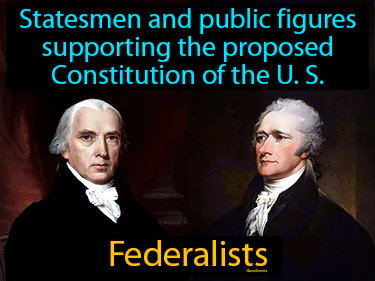
Statesmen and public figures supporting the proposed Constitution of the US. Federalists. Federalists were people who supported a strong national government and the ratification of the U.S. Constitution.
Great Compromise
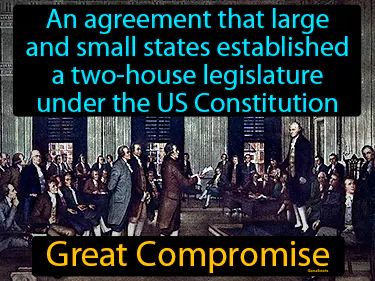
An agreement that large and small states established a two-house legislature under the US Constitution. Great Compromise. It was a solution that combined parts of the Virginia Plan and the New Jersey Plan to create a balanced system with both a Senate and a House of Representatives.
impeachment
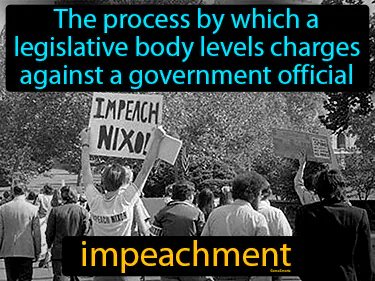
The process by which a legislative body levels charges against a government official impeachment. Impeachment is when a government official is accused of wrongdoing and put on trial to determine if they should be removed from office.
indict
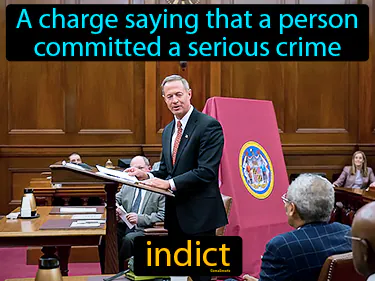
A charge saying that a person committed a serious crime. Indict. In history, to indict means to formally accuse someone of a crime, often leading to a trial.
interest groups
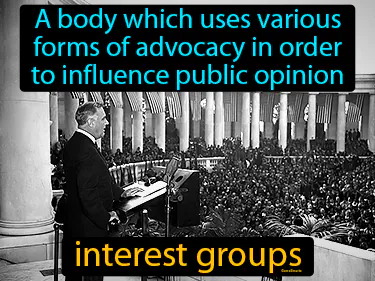
A body which uses various forms of advocacy in order to influence public opinion. Interest groups. In History, interest groups are organizations that try to influence government decisions, often to benefit specific causes or communities.
James Madison
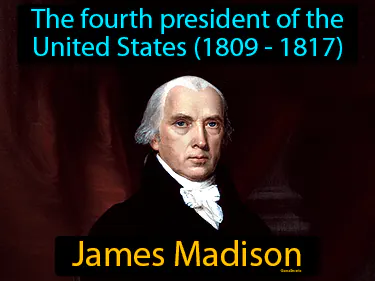
The fourth president of the United States 1809 - 1817. James Madison. He is known as the "Father of the Constitution" for his pivotal role in drafting and promoting the U.S. Constitution and the Bill of Rights.
judicial branch
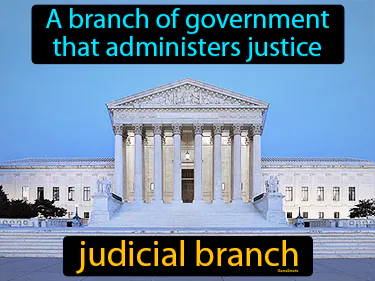
A branch of government that administers justice judicial branch. In history, the judicial branch interprets laws and ensures they are applied fairly.
legislative branch
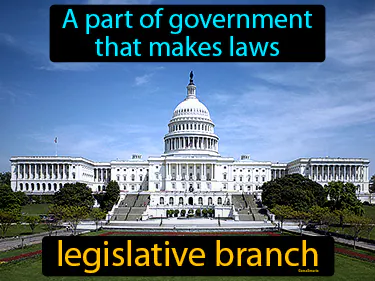
A part of government that makes laws. Legislative branch. The legislative branch is the part of the government responsible for creating and passing laws, like Congress in the United States.
majority rule
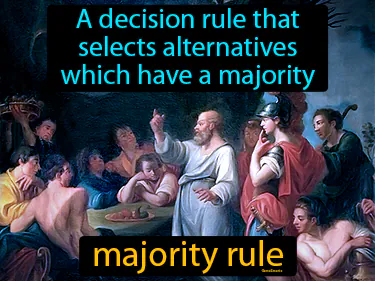
A decision rule that selects alternatives which have a majority. Majority rule. In history, majority rule means that the choice supported by more than half of the people is the one that is accepted and implemented.
naturalized citizens
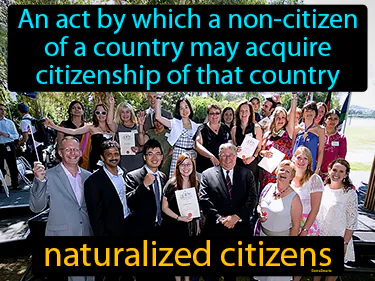
An act by which a non-citizen of a country may acquire citizenship of that country. Naturalized citizens. In history, naturalized citizens are people who have been granted citizenship in a country they were not originally born in.
New Jersey Plan
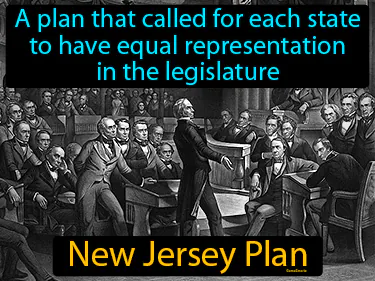
A plan that called for each state to have equal representation in the legislature. New Jersey Plan. The New Jersey Plan was a proposal during the U.S. Constitutional Convention that advocated for every state to have the same number of representatives in Congress, regardless of population size.
pardon
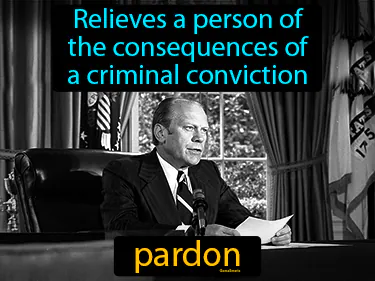
Relieves a person of the consequences of a criminal conviction. Pardon. In history, a pardon is a legal act by a leader, such as a president or monarch, to forgive someone for a crime and remove the penalties.
petition
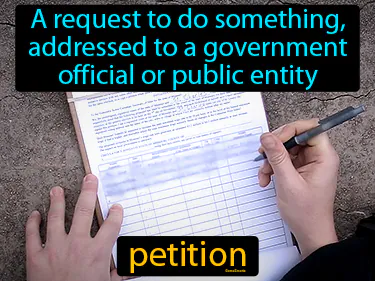
A request to do something, addressed to a government official or public entity. Petition. In History, a petition is a formal written request signed by many people, asking a government for change or action.
political action committee
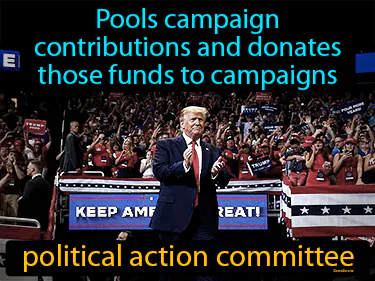
Pools campaign contributions and donates those funds to campaigns. Political action committee. In U.S. history, a political action committee PAC is an organization that gathers donations to support or oppose political candidates and influence elections.
popular sovereignty
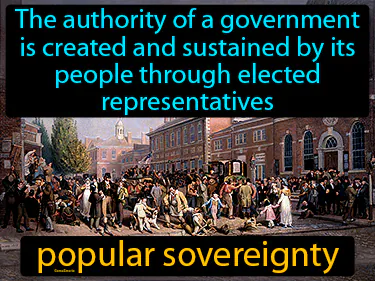
The authority of a government is created and sustained by its people through elected representatives. Popular sovereignty. Popular sovereignty is the idea that the people have the ultimate power in a democracy, usually through voting.
Sandra Day O Connor
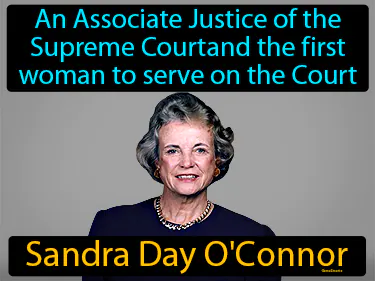
The first woman to serve on the Supreme Court Sandra Day O'Connor. She is a significant historical figure because she broke gender barriers as the first female justice in the U.S. Supreme Court.
search warrant
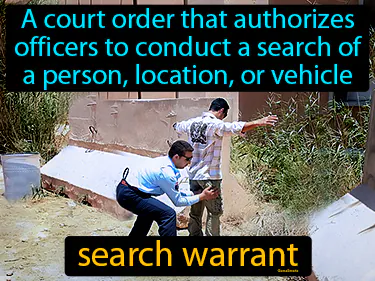
A court order that authorizes officers to conduct a search of a person, location, or vehicle. Search warrant. In history, a search warrant is a legal document that allowed authorities to search someone's property for evidence of a crime.
Sonia Sotomayor
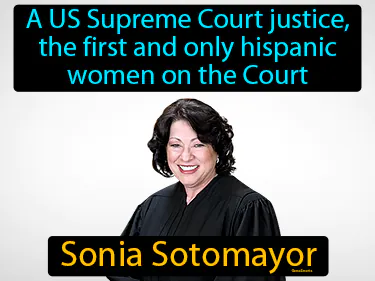
A US Supreme Court justice, the first and only Hispanic woman on the Court. Sonia Sotomayor made history by becoming the first Latina Justice of the US Supreme Court.
Three-Fifths Compromise
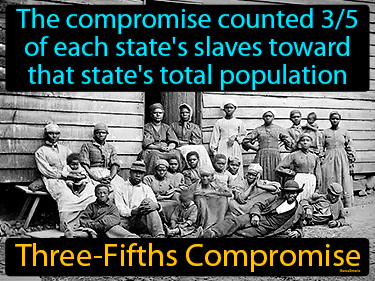
The compromise counted 35 of each state's slaves toward that state's total population. Three-Fifths Compromise. The Three-Fifths Compromise was an agreement during the U.S. Constitutional Convention that allowed a state's enslaved population to count as three-fifths for representation and taxation purposes.
Thurgood Marshall
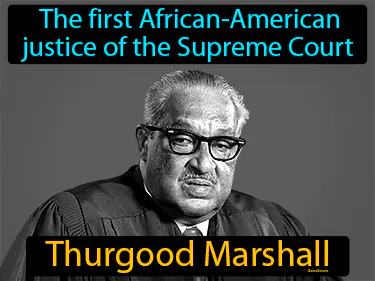
The first African-American justice of the Supreme Court. Thurgood Marshall was a pioneering civil rights lawyer who helped end racial segregation in schools through the Brown v. Board of Education case.
veto
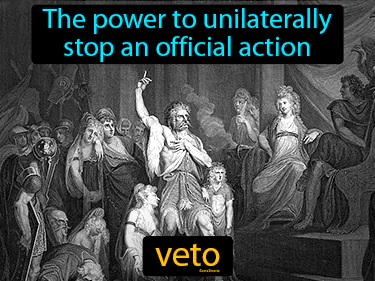
The power to unilaterally stop an official action. Veto. In history, a veto is when a leader, like a president, stops a law or decision from going into effect.
Virginia Plan
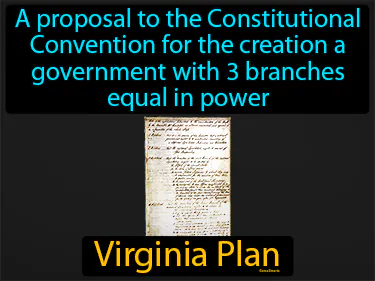
A proposal to the Constitutional Convention for the creation a government with 3 branches equal in power. Virginia Plan. The Virginia Plan was a proposal to establish a strong national government with three branches and a system of proportional representation in Congress.